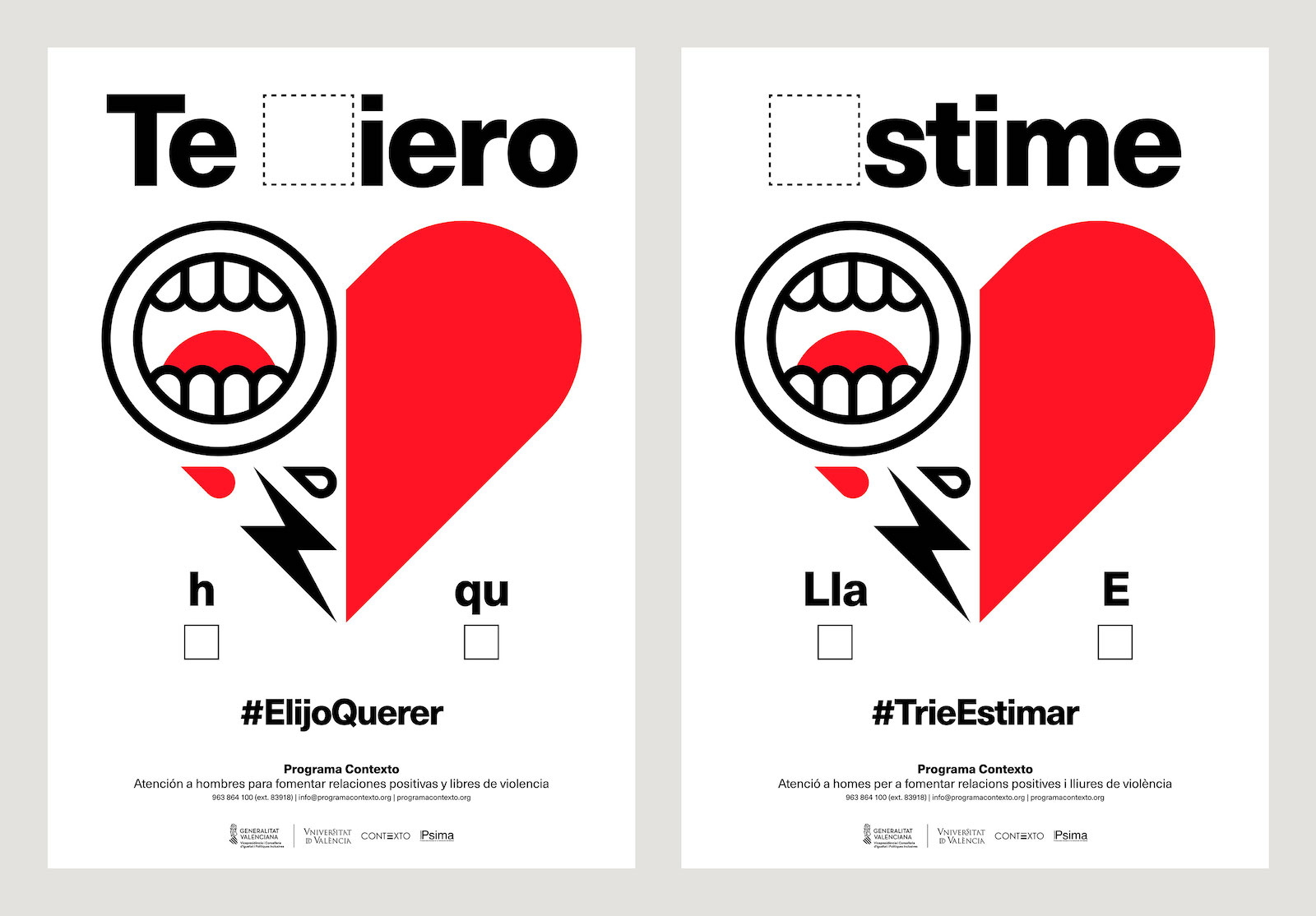The Contexto Programme launches a campaign to help men to prevent performing violent behaviour in their partner relationships.
Contexto is based on the idea that partner violence against women is an eminently social problem that is maintained, to a large extent, by tolerance to the social environment of the people who are involved. It aims to raise citizens’ awareness, especially those in the social environment (family, friends, work colleagues, etc.), of taking an active stance about partner violence against women. It offers a resource for attending to those men who treat women badly to encourage establishing healthy relationships based on treating people well. Likewise, the programme offers to those professionals who detect situations of violence in their day-to-day work a space where people responsible for violence can be addressed.
#IChooseToLove aims to make the men who show violent behaviour aware of the importance of beginning a process to change by making visible spaces in which they can obtain help and learn to interact with their partner respectfully and positively.
With its team of professionals, the Contexto Programme offers this help free of charge, and it is backed by scientifically validated intervention strategies with a success rate over 80%.
If you are interested in advertising our campaign in your association or place of residence, please contact us.
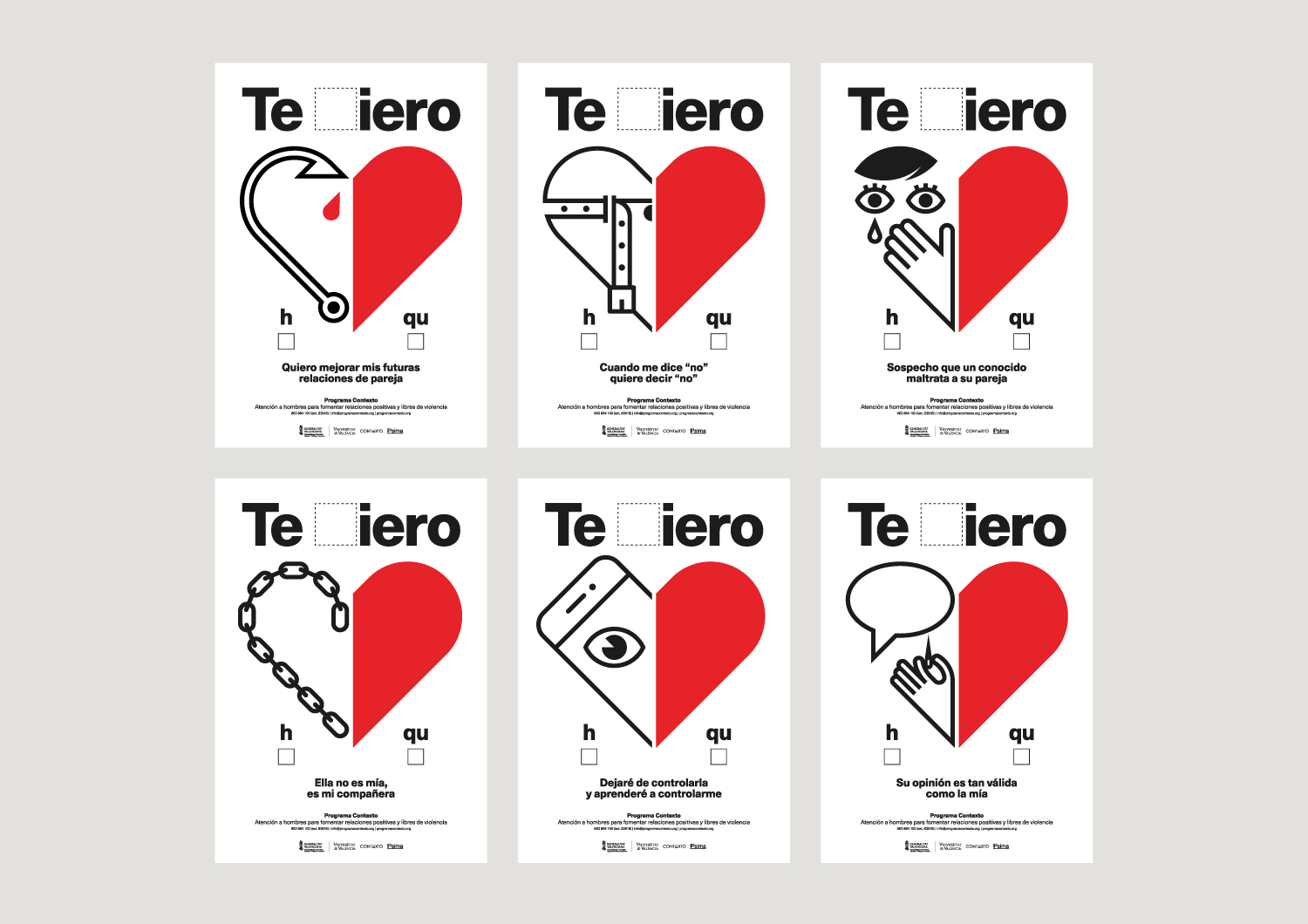
Violence or Love in couples
Healthy partner relationships are based on respect, communication, trust and affection. In our relationship, we might behave in a way that we believe is “normal” because it is what we have learned from other relationships (our parents, films, etc.). We can scorn, insult or shout and, gradually, our anger might increase, which could lead to physical violence by pushing, hitting, etc. Such dynamics in a relationship are negative, toxic. Given our beliefs in romantic love and the little education received about relationships, we might think that the way we behave shows love, when it actually hurts our partner.
I love my partner very much, but I get nervous. How can I love without hurting?
In the Contexto Programme, we help you to reflect on how you feel and why you react aggressively. We will provide you with tools to be able to manage your thoughts and emotions and to build healthy partner relationships free of violence.
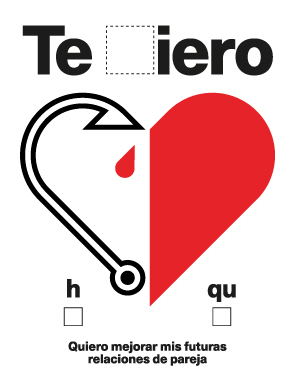
Myth or Reality: Romantic Love
Romantic love appears in films, series and books, which become benchmarks when we begin our first partner relationships. In these benchmarks, we find ideas that are far-removed from the reality of healthy partner relationships. For us, they produce deceitful expectations that are often negative. “Love can conquer all”. This is, in fact, false. Love cannot conquer all.
Sometimes we can love someone very much, but our circumstances do not allow this relation at a given time (health, economic problems, etc.).
Can we change our beliefs about love?
We will help you to revise which beliefs we have about love deep inside that might perhaps make us harm our partner and ourselves.
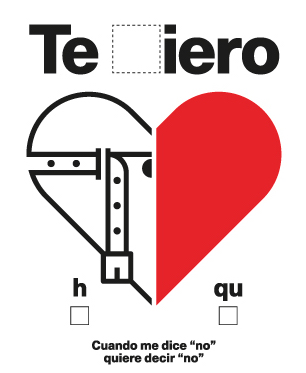
Pressure or Sexual Desire
Sexual relations with a partner are a source of intimacy, passion and trust that generate well-being if performed from mutual desire. Our partner is not obliged to have sexual relations and his/her decision must always be respected.
It is quite normal that couples go through different stages and circumstances that affect the frequency of and their satisfaction with sexual relations. If partners accept when we place pressure on them, then we do not respect their decision and we prioritise our desire over their wishes.
If I place no pressure, what do I do? I have the desire
In the Contexto Programme, we bear in mind that sexual relations are still taboo in society. We offer you a space to work on how to positively communicate without placing pressure so as to establish sexual relations in which both members of the couple enjoy themselves equally.
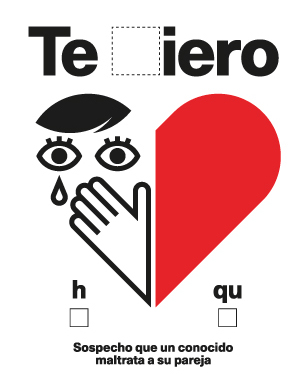
Do we look or do we act?
We see partner relationships every day in our surroundings: family relations, friends, work colleagues, neighbours, etc. We sometimes detect how violence is exercised in a relationship and we might not attach much importance to it without realising the harm the other person is suffering. This is because it is only a matter of shouting, showing scorn or living situations that make us feel uneasy. We might also think that it is an intimate or private thing of the couple, and has nothing to do with us. Perhaps these females are our sister, daughter, cousin, aunty, friend, work colleague, neighbour, etc.
It is important to commit ourselves and to help the people who are important for us so they can live a better life. We should get involved and move from feeling worried to acting.
I know a man who badly treats his partner and I think it would help him if he turned to the Contexto Programme. What do I do?
You can mention the Contexto Programme to him and tell him that we can help him in his relationship free of charge and anonymously.
If you have no relationship with this person, but you suspect that he might be badly treating someone, contact us to see how we can help him.
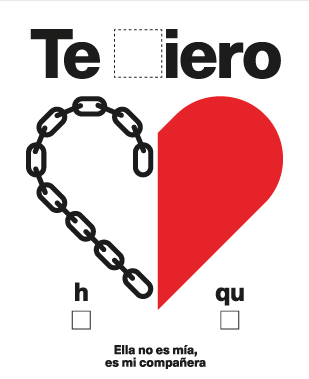
Possessing or sharing?
Our partner is very important in our lives. (S)he offers us trust, affection and support. This accompaniment with us in our lives is free. The other person has decided to remain with us and share his/her time with us.
It is important to know that a partner is not a possession, but we are independent people who decide to be together because we love one another, and not because we belong to each other.
I feel uneasy or I get angry if my partner does things without me. Is this normal? What do I do?
We will reflect on why we feel bad when our partner does things individually or with other people, and what we can do to feel secure when our partner is not always by our side.
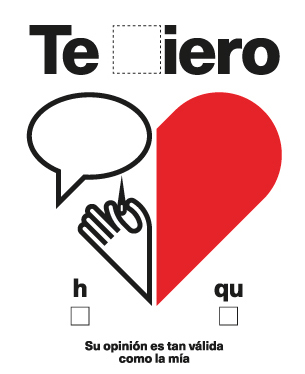
Do I listen to myself or to you?
In partner relationships, we do not always share the same point of view about some decisions. It is necessary to state what we think and feel, and to also listen what our partner has to think and feel. Expressions like “Be quiet. You have no idea about it” or “Wait. Let me explain it to you; you don’t understand me” mean that we are not listening to our partner, but focus on our own view. Sometimes we wind our partner up or boycott their view without realising it because we want to be right. To build healthy relationships, we need to listen to the other person by leaving a space to then express our own view and to be listened to. In short, I listen to myself and I listen to you.
I am tired of always repeating the same thing when we argue. Nor does she listen to me.
We will work on our way of communicating to one another. We will also teach strategies to state our own point of view assertively by taking into account the other person to reach agreements in which both partners feel happy in the relationship.
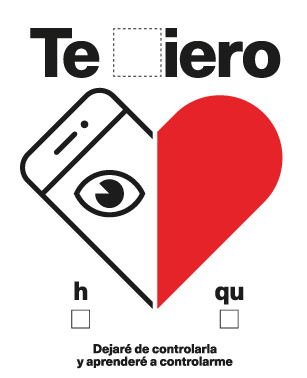
Controlling or Caring?
New technologies have suddenly appeared in our relationships and tend to always be present. They have become a common way for partners to communicate with one another (WhatsApp, Facebook, Instagram, etc.). We now have the possibility of talking immediately and constantly.
Nevertheless, it is important for us to be aware that social networks provide us in real time (stories, publications, comments, etc.) plenty of information about our partners, which might make us feel anxiety if we perceive that they do not answer us, and we check at what times they connect and the things they do. Such care can become control. We might think that this is the way to care for the other person, when in fact we are controlling him/her.
I am constantly looking at my partner’s social networks, I check what time (s)he connected, and we tend to discuss things by WhatsApp. I feel bad about it, but cannot avoid it.
Talking about how we feel when we check and control our partners’ networks can help us. We will work to reduce any uneasiness this may cause by you learning alternative conducts and by reflecting about the consequences it has for you personally, and also for your partner. This is because we feel bad when we spy on someone we love, someone we must trust.
Video in Valencian
Graphical campaign material
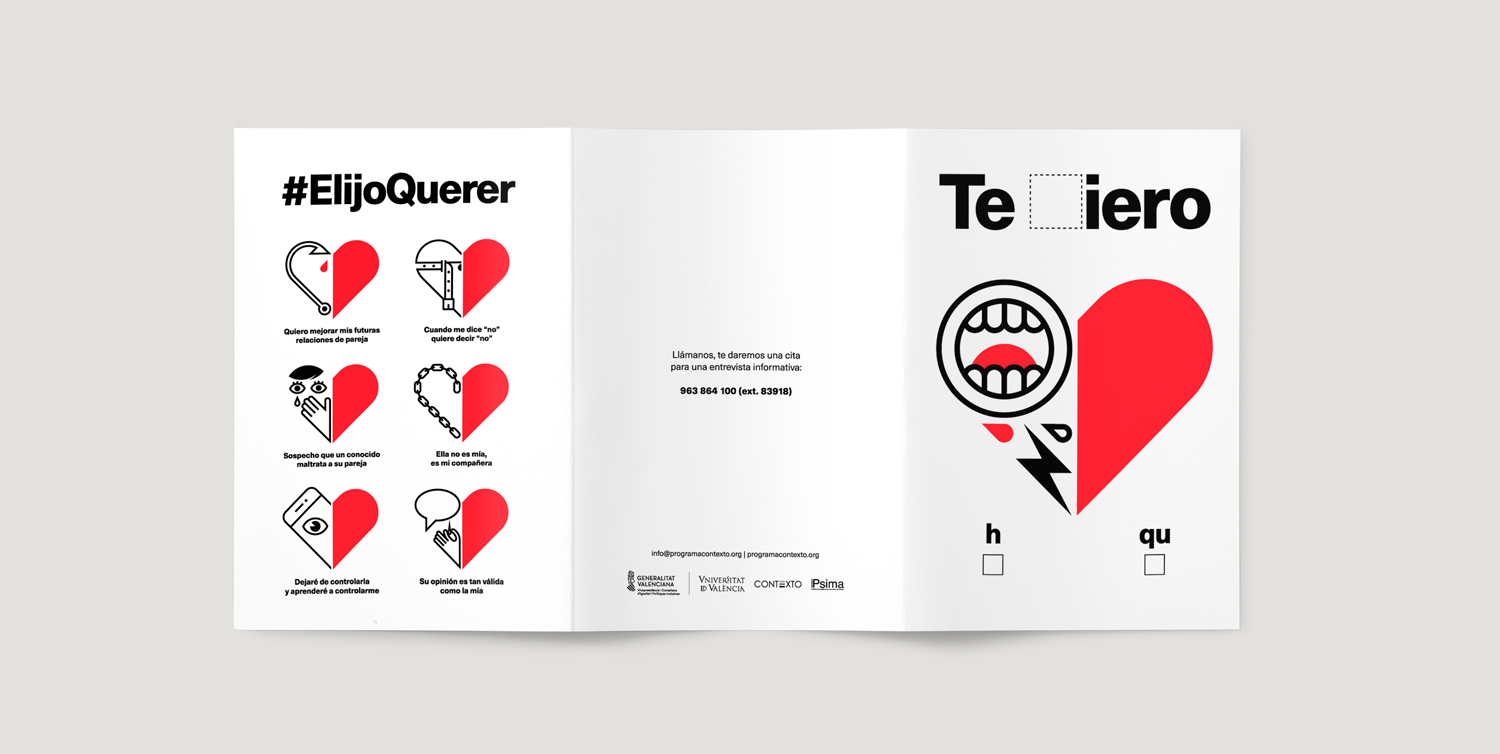
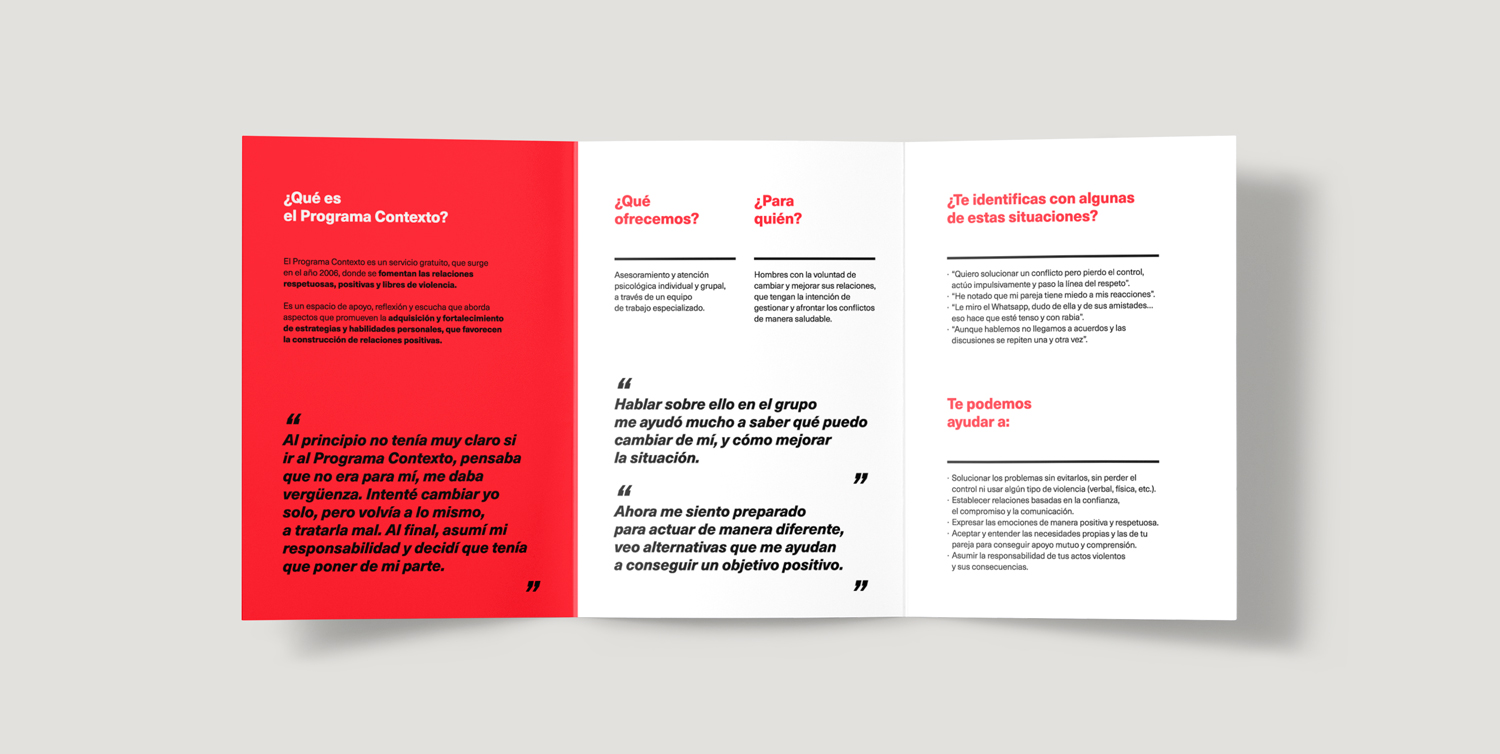
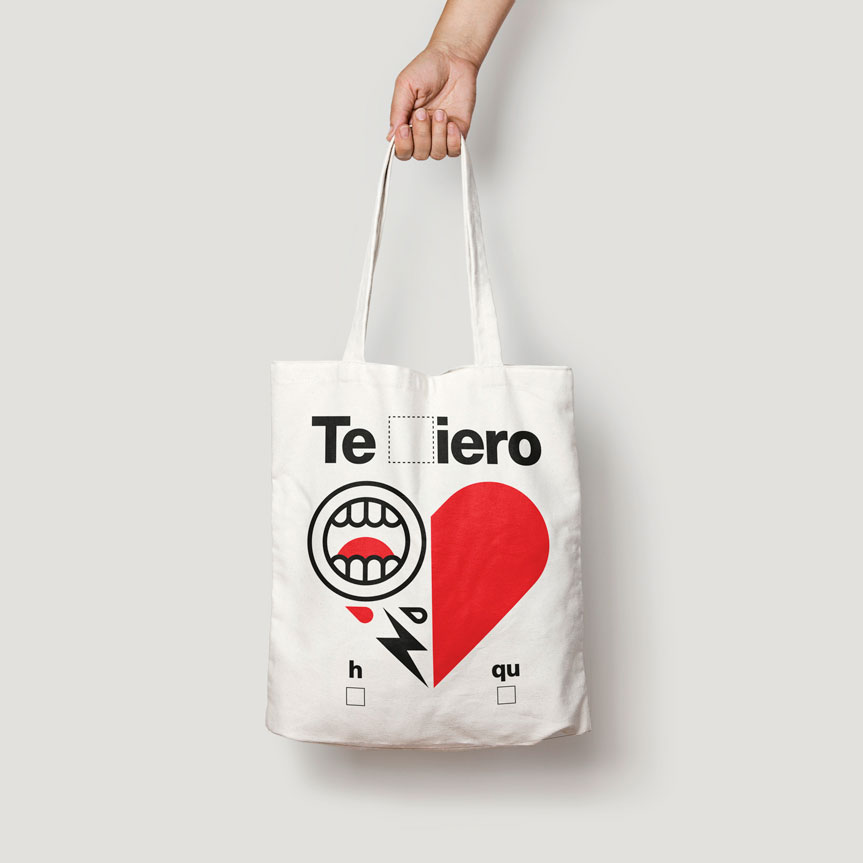
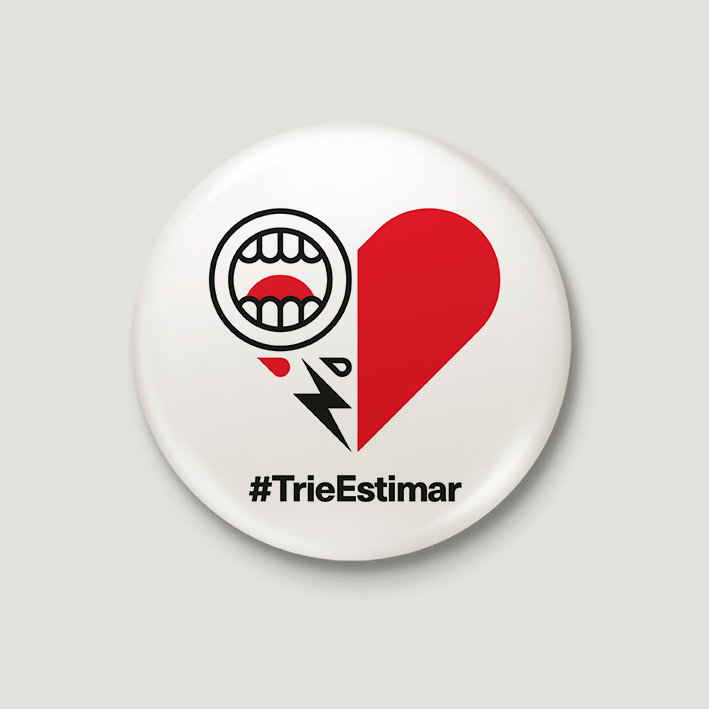
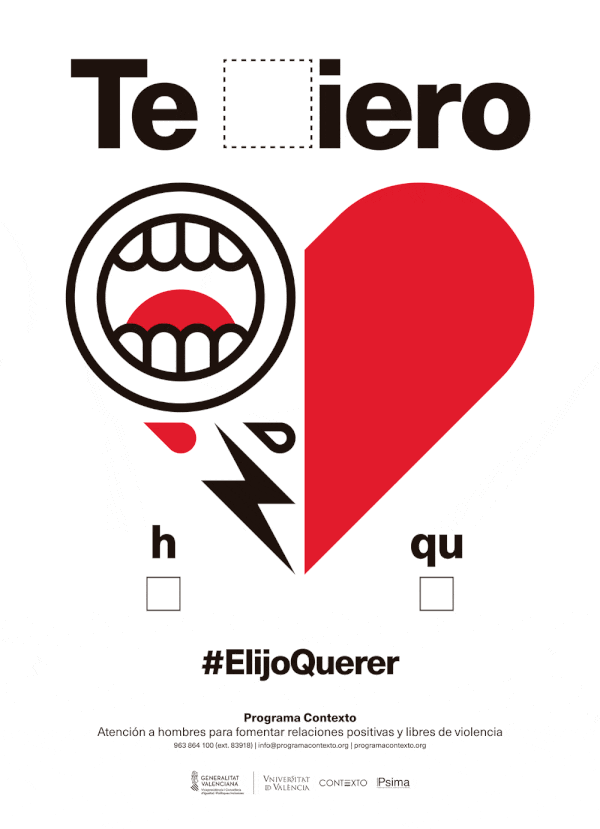
#ElijoQuerer #TrieEstimar
PROGRAMA CONTEXTO
